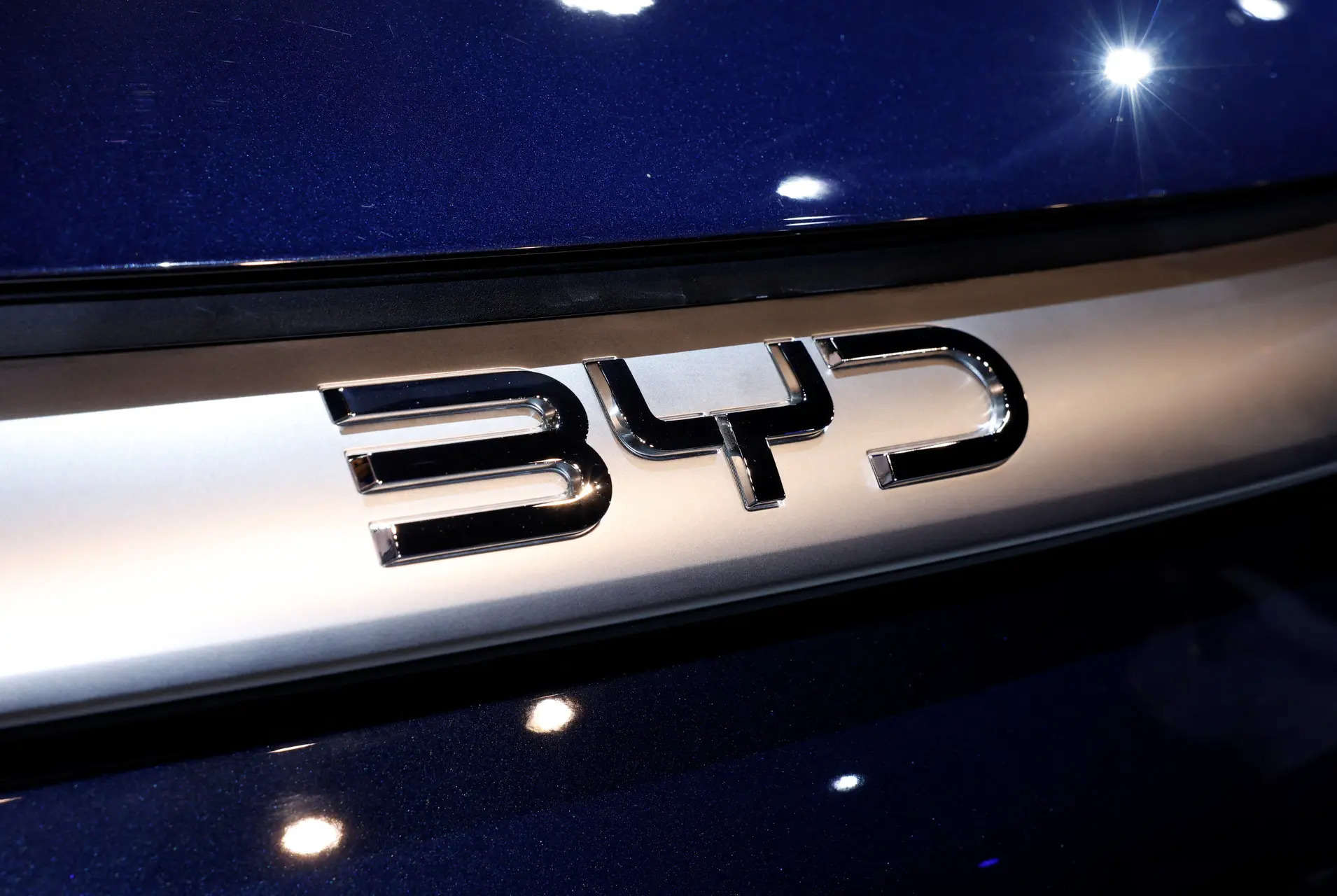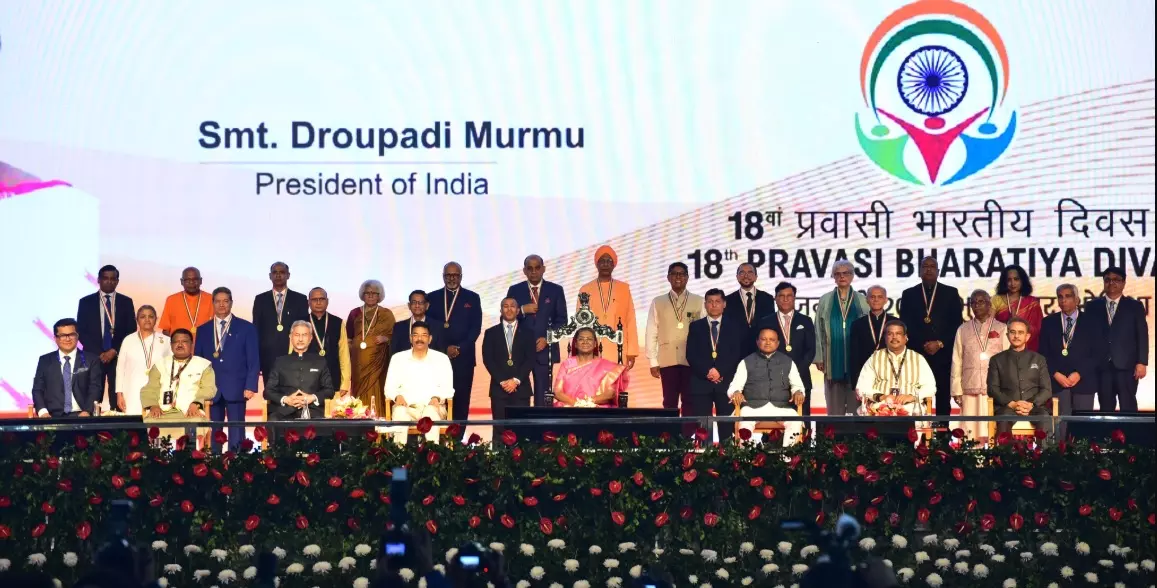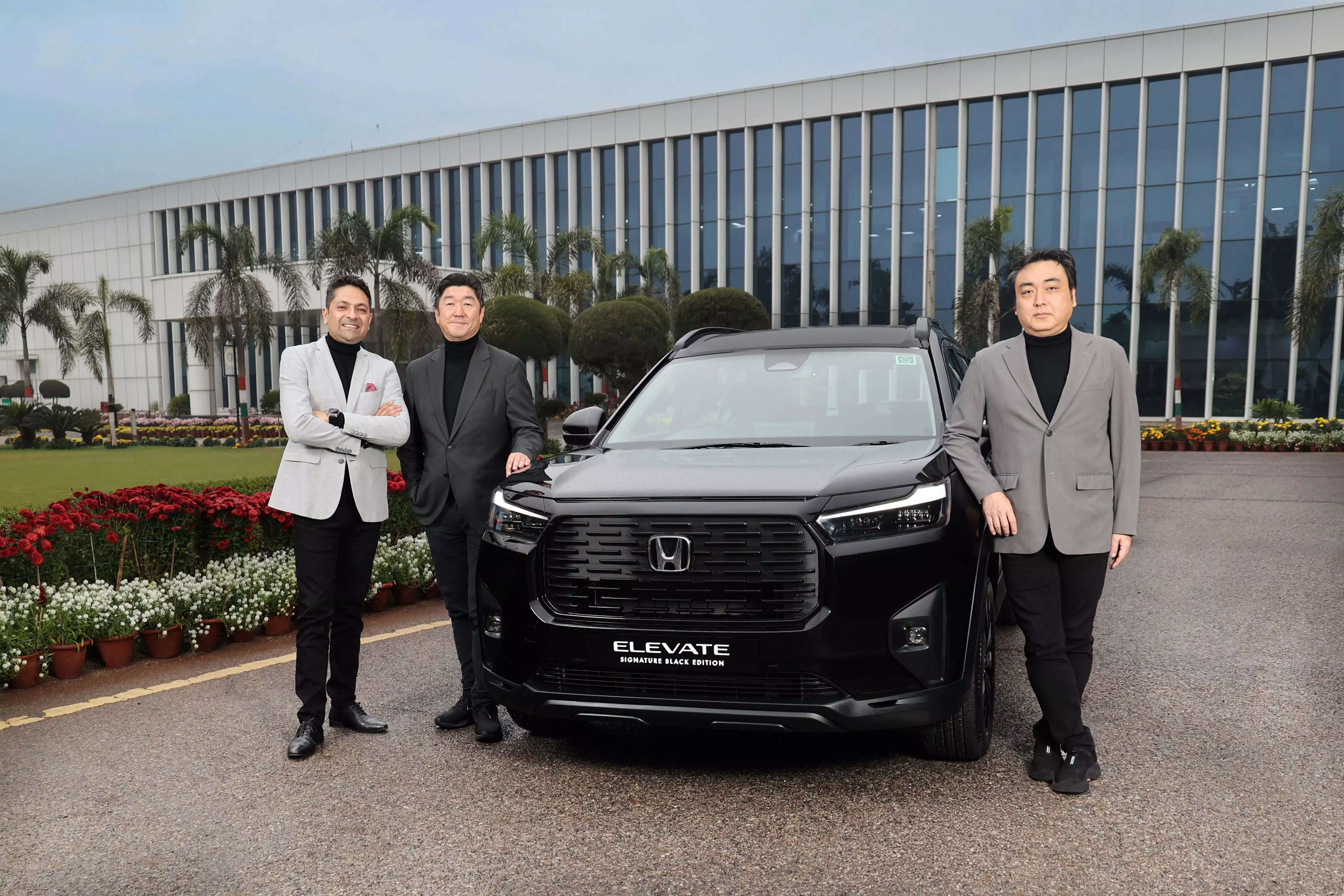 This comes after the government nudged Chinese companies to Indianise their boards and management so that the interests of the country are protected, and Indian executives are appointed in senior roles.
This comes after the government nudged Chinese companies to Indianise their boards and management so that the interests of the country are protected, and Indian executives are appointed in senior roles.The local unit of electronic component and electric vehicle manufacturer BYD has sought security clearance from the Ministry of Home Affairs to enable two Chinese executives on its board to get Indian visas.
Only after obtaining the visa can BYD abide by the Companies Act that mandates one of the directors of a company to reside in India for at least 182 days a year, senior industry executives said. “But its (approval) is taking time,” said one of the executives.
Another Chinese company, Mideahas “Indianised” the board of its local unit by inducting two Indians, its latest regulatory filings show. This after Midea India did not get visas for its Chinese directors who subsequently quit, an industry executive said.
National Interest
Chinese companies are approaching the government seeking clearance for their executives or appointing locals on their boards since Chinese nationals are unable to receive visas or the director identification number (DIN), said industry executives.
This comes after the government nudged Chinese companies to Indianise their boards and management so that the interests of the country are protected, and Indian executives are appointed in senior roles.
“By not granting visa and DINs to Chinese executives who were nominated as directors for the Indian operation, it’s become a forceful way to Indianise the board,” said a board member of a local subsidiary of a leading Chinese electronics company.
“Visa applications are stuck since home affairs ministry clearance is required. There are no set rules for the approval process and as a result the executives can’t even apply for DIN from the corporate affairs ministry,” he said.
The two directors of BYD India — ZhangJie and Han Gang — are Chinese, show its filings with the Registrar of Companies (RoC) made in November. The “board recognises the need for a director to be present in India for at least 182 days … The company is currently seeking approval from the Ministry of Home Affairs for this requirement, which is taking some time”, BYD India said in the filings, adding that it is committed to resolving the compliance requirements.
BYD India did not respond to an email seeking comment.
Chinese electronics company Midea India has Indianised its board, as per the company’s RoC filings made in December. Two Chinese nationals, Jianguo Hu and Yinhua Li, resigned in 2024 and the company appointed Atul Chintamani Chouthai and Naved Afaq Khan as additional directors. Another Chinese national, Le Zhou, who was appointed to the board in 2019, continues as a director.
Midea India, which sells air-conditioners, washing machines and refrigerators, apart from running a compressor plant which is projected as one of the largest locally, appointed Siddharth Saxena this month as the country head for India operations.
He replaced Chinese national Allen Zha, who was appointed in 2023 but did not receive the work visa, an industry executive said. Saxena is also likely to join the board of Midea India.
Another Midea group company in India, AC manufacturer Carrier Midea India, has appointed its chief financial officer Sukhwant Singh last year as an additional director after a Chinese executive nominated from the Midea headquarters did not receive the visa and the DIN.
Midea India and Carrier Midea India did not respond to emails seeking comment.
PRESS NOTE 3
Some of the Chinese companies in India — like Xiaomi, Oppo Mobiles, Vivo Mobiles and Haier — have had Indian executives on their boards for some time now, their RoC filings show.
New Delhi tightened the rules for Chinese investments in India through Press Note 3 whereby all such proposals would need government clearance.
It also made the visa clearance process tighter with only companies participating in productionlinked incentive schemes getting some approvals.
An industry executive said since the notification of Press Note 3, India has not been granting visas to Chinese nationals.
“A regulation mandating a minimum stay of 182 days (for being a director) effectively means that Chinese companies registered in India would have to change the constitution of their board,” he said. “MG Motor India had to do so through a tie-up with JSW. Others too would have to follow because there is a no-go policy when it comes to approving visas.”




























































